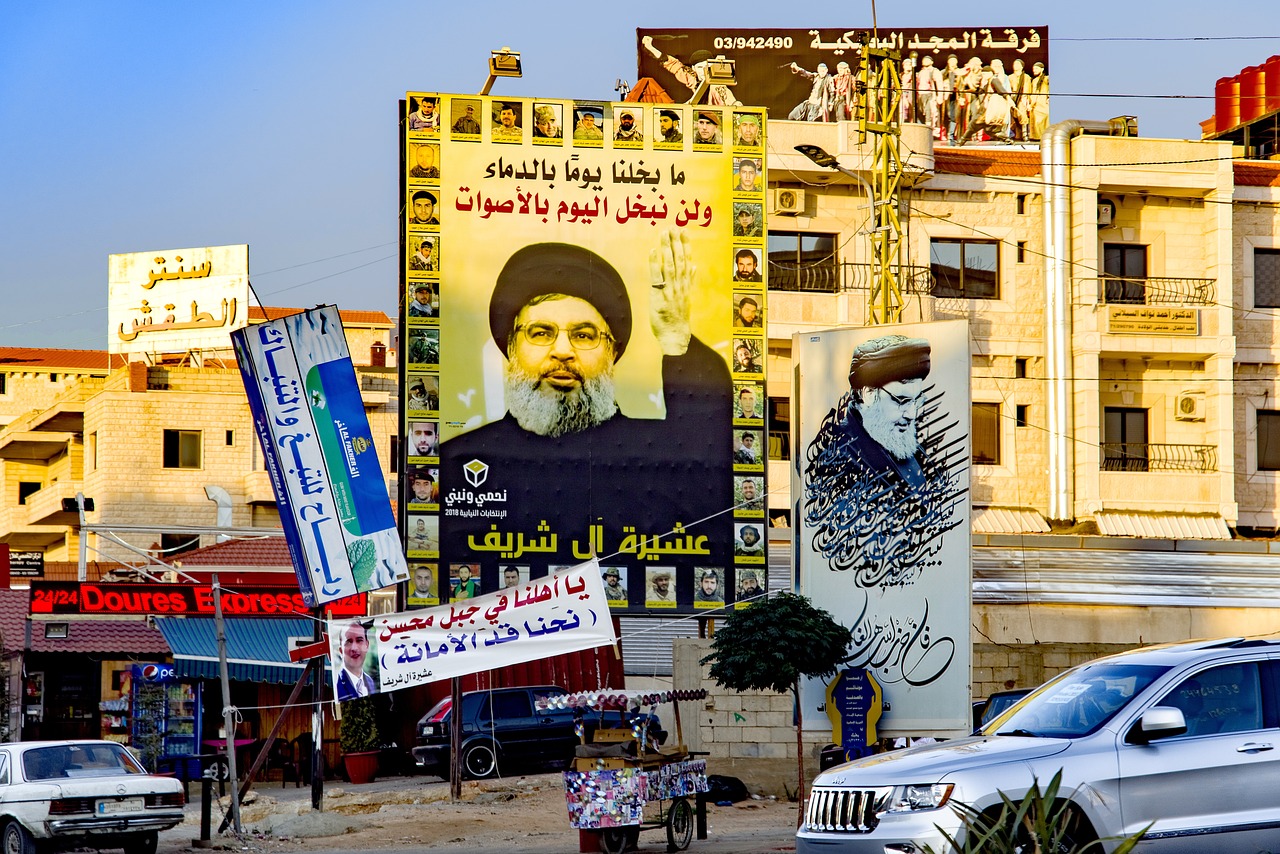Introduction
Hassan Nasrallah, the Secretary-General of Hezbollah, is a prominent figure in Middle Eastern politics. His influence extends beyond Lebanon, impacting regional and global dynamics. This article delves into Nasrallah’s life, his role in Hezbollah, and his impact on both Lebanon and the wider Middle East.
Early Life and Background
Hassan Nasrallah was born on August 31, 1960, in Beirut, Lebanon. He grew up in a modest Shia Muslim family, which played a significant role in shaping his political and ideological beliefs. Nasrallah’s early education took place in a Lebanese school and later in a religious institution, where he developed a deep understanding of Islamic theology and political philosophy.
Education and Religious Influence
Nasrallah’s education was heavily influenced by Shia clerics. He spent time in Najaf, Iraq, studying under prominent scholars, which solidified his commitment to Shia Islam and its political implications. This background laid the foundation for his future leadership in Hezbollah, where he would merge religious ideologies with political activism.
Rise to Power in Hezbollah
Founding of Hezbollah
Hezbollah was established in the early 1980s amid the Lebanese Civil War and Israeli occupation. It was formed primarily as a response to the injustices faced by the Shia community. Initially, the group focused on resistance against Israeli forces and sought to improve the socio-economic conditions of Shia Muslims in Lebanon.
Leadership Transition
Nasrallah became the Secretary-General of Hezbollah in 1992, succeeding Abbas al-Musawi after his assassination. His leadership style emphasized strategic planning and military prowess, transforming Hezbollah into a formidable political and military entity. Under Nasrallah, Hezbollah gained significant support, becoming a key player in Lebanese and regional politics.
Key Events and Milestones
The 2006 Lebanon War
One of the most defining moments of Nasrallah’s leadership was the 2006 Lebanon War, sparked by Hezbollah’s kidnapping of two Israeli soldiers. The conflict lasted for 34 days and resulted in significant destruction in Lebanon. However, Nasrallah’s strategic military operations and rhetoric galvanized support among Lebanese Shia and gained him recognition in the Arab world as a resistance leader.
Political Maneuvering
Following the war, Nasrallah focused on political engagement within Lebanon. Hezbollah participated in government formations and played a crucial role in Lebanese parliamentary politics. His ability to navigate complex political landscapes has been instrumental in maintaining Hezbollah’s influence in Lebanon.
Ideological Framework
Resistance and Liberation
Nasrallah’s rhetoric often revolves around themes of resistance and liberation. He portrays Hezbollah as a protector of Lebanon and the Shia community against Israeli aggression and Western imperialism. This narrative resonates with many, especially in the context of historical grievances against foreign intervention in the region.
Pan-Arabism and Islamic Solidarity
In addition to Lebanese nationalism, Nasrallah advocates for broader Arab unity and Islamic solidarity. He emphasizes the importance of standing against common enemies, primarily Israel and the United States. His speeches often invoke a sense of shared destiny among Muslims, fostering regional support for Hezbollah’s objectives.
Controversies and Criticism
Accusations of Terrorism
Hezbollah, under Nasrallah’s leadership, has been designated a terrorist organization by several countries, including the United States and Israel. Critics argue that Nasrallah’s military tactics and involvement in regional conflicts, such as the Syrian Civil War, undermine stability and promote violence.
Human Rights Concerns
Human rights organizations have also raised concerns regarding Hezbollah’s role in Lebanon, particularly its involvement in political assassinations and suppression of dissent. Nasrallah’s response to such criticisms often emphasizes the group’s role as a legitimate resistance movement.
Nasrallah’s Global Influence
Regional Alliances
Nasrallah’s influence extends beyond Lebanon, with Hezbollah forming alliances with other groups and states, including Iran and Syria. These relationships have provided Hezbollah with military and financial support, enhancing its capabilities and reach.
Impact on the Syrian Civil War
Hezbollah’s involvement in the Syrian Civil War has further solidified Nasrallah’s role as a key player in regional conflicts. By supporting the Assad regime, Hezbollah aims to maintain its strategic foothold and counteract Sunni extremism, particularly from groups like ISIS.
Conclusion
Hassan Nasrallah remains a polarizing figure in Middle Eastern politics. His leadership of Hezbollah has significantly shaped the political landscape in Lebanon and beyond. While supporters hail him as a champion of resistance, critics view him as a source of instability. Understanding Nasrallah’s complex persona is essential for anyone looking to comprehend the intricate dynamics of Middle Eastern politics.
FAQs
Who is Hassan Nasrallah?
Hassan Nasrallah is the Secretary-General of Hezbollah, a Lebanese political and militant group founded in the early 1980s.
What role has he played in Lebanese politics?
Nasrallah has been instrumental in shaping Hezbollah’s political strategy, participating in Lebanese government formations, and influencing regional politics.
Why is Nasrallah a controversial figure?
He is considered controversial due to Hezbollah’s designation as a terrorist organization by several countries and allegations of human rights abuses.
What was the significance of the 2006 Lebanon War?
The war solidified Nasrallah’s status as a resistance leader, garnering significant support for Hezbollah among Lebanese and across the Arab world.
How has Nasrallah influenced regional politics?
Through alliances with Iran and involvement in the Syrian Civil War, Nasrallah has expanded Hezbollah’s influence and military capabilities in the region.
By exploring these facets of Hassan Nasrallah’s life and leadership, we gain a clearer understanding of his impact on Lebanon and the broader Middle East.









